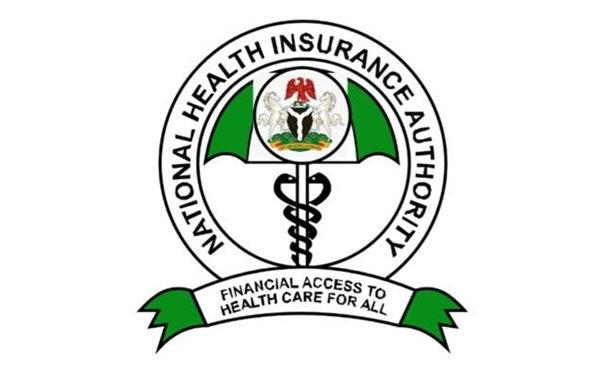May 26, 2024
The Director-General of the National Health Insurance Authority (NHIA), Kelechi Ohiri, and other stakeholders, including the World Health Organization (WHO), have expressed mixed feelings about the national coverage of Nigeria’s health insurance scheme since its inception in 1999.
Despite modest achievements, there is still much ground to be covered, with only 1.8 million vulnerable Nigerians currently enrolled and many more facing significant out-of-pocket spending to access healthcare, deepening poverty.
Speaking at the Strategic Stakeholders Engagement in Abuja on Friday, Ohiri highlighted the need to address issues of low coverage, uneven distribution, and access to quality care.
He emphasized the importance of translating experience into tangible actions, particularly regarding financial access, and expressed concern about vulnerable groups, especially women.
The new NHIA Act, signed into law in May 2022, addresses some of the challenges of the old law, including mandatory health insurance for all Nigerians, state-specific schemes, and the creation of the Vulnerable Group Fund.
The DG reflected on the journey so far, accomplishments, challenges, and future directions, emphasizing the need to expand access to the informal sector and vulnerable groups.
At the engagement that was themed ‘The NHIA Act: Two Years After – Reflections and Future Direction’, Ohiri said: “With the two years of the NHIA Act, with this engagement, it is time to reflect on the journey, accomplishments of the collective mandate, challenges and causes, and charting paths to address them.”
According to him, the need became imperative because while 62 percent of the formal public and private sectors were covered, the informal sector only covered one per cent.
He said expanding access to the informal sector and vulnerable groups remained the agency’s top priority.
WHO Country Representative, Walter Mulombo, urged prioritization of data on key health insurance program outputs to support informed decision-making.
Represented by Francis Ukwuije, a health economist at WHO Nigeria, Mulombo, who acknowledged the modest success of the Scheme emphasized that access to the scheme by the majority should not be downplayed and that out-of-pocket spending remained high, with catastrophic expenditures as high as 81% in some states.
The Chief of Party of the USAID Local Health System Sustainability Project (LHSS) Nigeria, Bolanle Olusola-Faleye, echoed the need for collaboration, accountability, and transparency.
She stressed that finance was not the only issue, but also how it was spent, and that sub-national governments and sister agencies must participate to address the challenges
